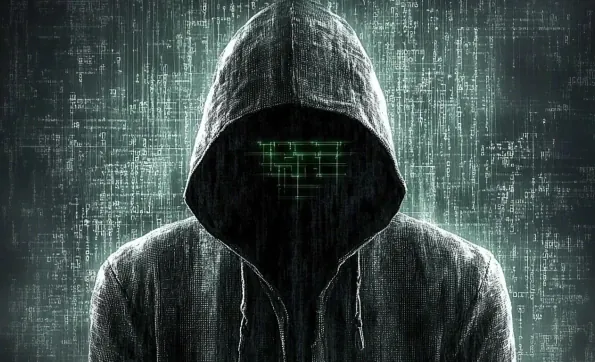In a significant move to counter cyber espionage, the US government has announced charges and sanctions against Guan Tianfeng, a Chinese national also known by the alias GBigMao, for his involvement in hacking Sophos firewall software. This revelation follows a five-year investigation into coordinated cyberattacks that exploited zero-day vulnerabilities, specifically CVE-2020-12271, allowing hackers to implant backdoors and steal sensitive data from organizations worldwide. These cyberattacks, attributed to Chinese state-sponsored threat actors, compromised approximately 81,000 firewall devices globally, including those operated by a US government agency. The United States has made it clear that it will not tolerate such actions that threaten its cybersecurity.
Prosecution and Sanctions Detailed
The Department of Justice (DoJ) has outlined charges against Guan Tianfeng and other individuals affiliated with Sichuan Silence Information Technology, a private Chinese firm reportedly connected to China’s Ministry of Public Security. The firm’s website describes its products as tools that scan and detect overseas network targets, ostensibly for intelligence-gathering purposes. In a coordinated effort, the US Treasury Department imposed sanctions on both Guan and Sichuan Silence. Such measures are intended to cripple their operations and deter further cyber espionage activities. The sophistication and persistence of these attacks highlight the ongoing threat posed by state-sponsored cyber actors.
Sophos played a crucial role in monitoring and analyzing these cyberattacks. Their efforts culminated in an ability to trace the malicious activities back to the Sichuan region of China, particularly to Sichuan Silence Information Technology’s Double Helix Research Institute. Sophos’s ongoing collaboration with investigators was instrumental in neutralizing a major wave of attacks known as Asnarok. This collaborative effort led to the identification of Guan as a central figure in orchestrating these sophisticated exploits. The assistance provided by Sophos underscores the vital importance of public-private cooperation in addressing cybersecurity threats.
Reward and Global Implications
To further curtail these nefarious activities, the Department of State has offered a reward of up to million for information leading to Guan Tianfeng’s identification or location. In addition, the FBI has included Guan on its Cyber’s Most Wanted list. These steps signal the US government’s intent to not only apprehend those responsible for significant cyber breaches but to deter future attempts by making it clear that such actions will have severe consequences. The inclusion of Guan on a most-wanted list elevates the urgency and importance of tracking down and stopping cybercriminals who operate on a global scale.
Ross McKerchar, Chief Information Security Officer at Sophos, has voiced firm support for the US government’s actions. He emphasized that the indictment and sanctions are positive developments in disrupting the operations of cyber attackers. These measures align with broader trends of increased international cooperation and more proactive efforts to combat state-sponsored cyber threats. The joint efforts and shared intelligence highlight a unified stance against cyber espionage.
The recent actions by the US government exemplify a growing consensus on the necessity to pursue hackers aggressively and shut down their operations. The move reflects an overarching commitment to bolstering cybersecurity on a global scale. As the frequency and sophistication of state-sponsored cyber threats continue to rise, nations are increasingly collaborating to protect sensitive data and infrastructure. This approach not only aims to penalize current offenders but also serves as a deterrent to future cybercriminals by demonstrating that such activities will evoke a robust and coordinated international response.
Strengthening International Cybersecurity Efforts
In a notable effort to combat cyber espionage, the US government announced formal charges and sanctions against Guan Tianfeng, a Chinese national also known by the alias GBigMao, due to his involvement in hacking Sophos firewall software. This significant development comes after a rigorous five-year investigation into coordinated cyberattacks that exploited zero-day vulnerabilities, specifically CVE-2020-12271. These vulnerabilities allowed hackers to install backdoors, enabling the theft of sensitive data from organizations around the globe. The cyberattacks, believed to be executed by Chinese state-sponsored threat actors, compromised approximately 81,000 firewall devices worldwide, including those used by a US government agency. This action marks a clear stance by the United States, signifying it will not tolerate activities that jeopardize its cybersecurity. The investigation underscores the growing importance of cybersecurity in protecting national interests and the critical need for international cooperation in addressing such threats.












